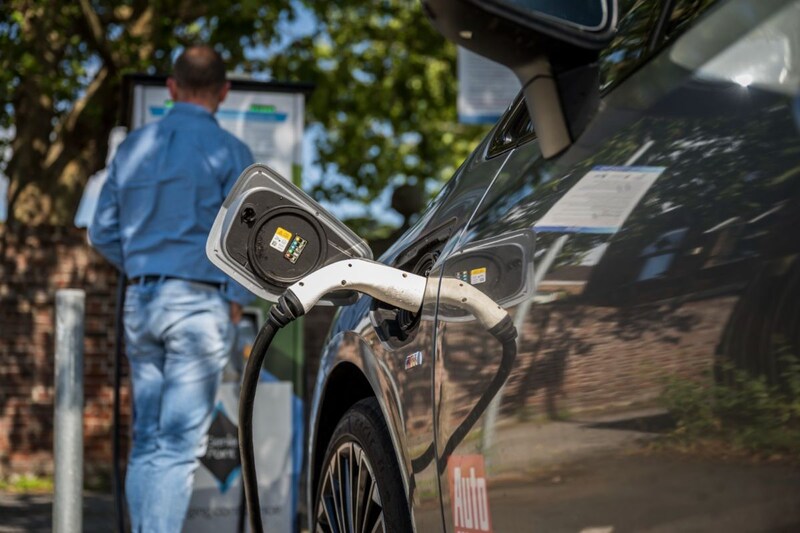Henrik Fisker no longer believes in plug-in technology

Henrik Fisker was one of the first to bring the concept of the plug-in hybrid to the market, but he himself thinks it is an outdated concept. “The fact that it is still being made is a form of wishful thinking on the part of existing car manufacturers.”
In the summer of 2011 we drove the Fisker Karma for the first time, a special GT with special technology on board. Inspired by army vehicles that could silently reach their target on electricity and then blast away with a loud engine roar when the job was done, he combined electricity and petrol in a way that we have never seen before. Or well, almost not, because Opel was in the Netherlands a little earlier with the first Ampera. Anyway, that was a different segment and, helped by tax support (zero percent additional tax!), Fisker sold a bizarre number of the 2,000 cars produced in the Netherlands.
However, the financial crisis hit hard and with the bankruptcy of its battery supplier, the story for Fisker 1.0 was over. Now there is Fisker 2.0, a new company from the same man: Henrik Fisker, known for timeless designs such as the Aston Martin DB9 and the BMW Z8. He now makes fully electric cars. The first, the Fisker Ocean, is also for sale in the Netherlands. We spoke to the man in Las Vegas at CES about Fisker 2.0, but also looked back on his first adventure. What does he think about the fact that the PHEV technology he introduced is still widely offered by car manufacturers?
“When we did it, we quickly learned what the disadvantages were: you carry two engines and you don’t have the most ideal system for either version. Yes, you get a lot of power, but I think we’re moving towards an EV quickly. It is more efficient and cleaner. A PHEV is also expensive. At the time it was useful because there was little charging infrastructure for real EVs, but that is no longer an issue. That has been the case. Obviously it is a nice idea for those who produce a lot of fuel engines and exhausts. I think it’s a short-lived fad and some existing manufacturers are hoping the technology will come back. A form of wishful thinking on the part of those OEMs.”
Read an extensive interview with Henrik Fisker in AutoWeek soon
– Thanks for information from Autoweek.nl